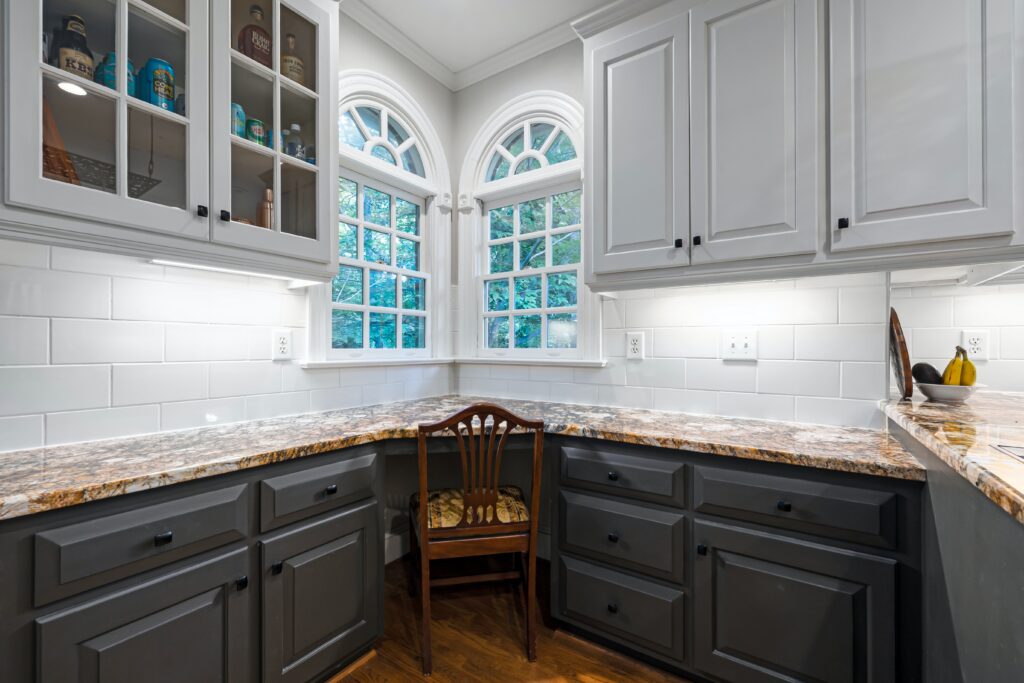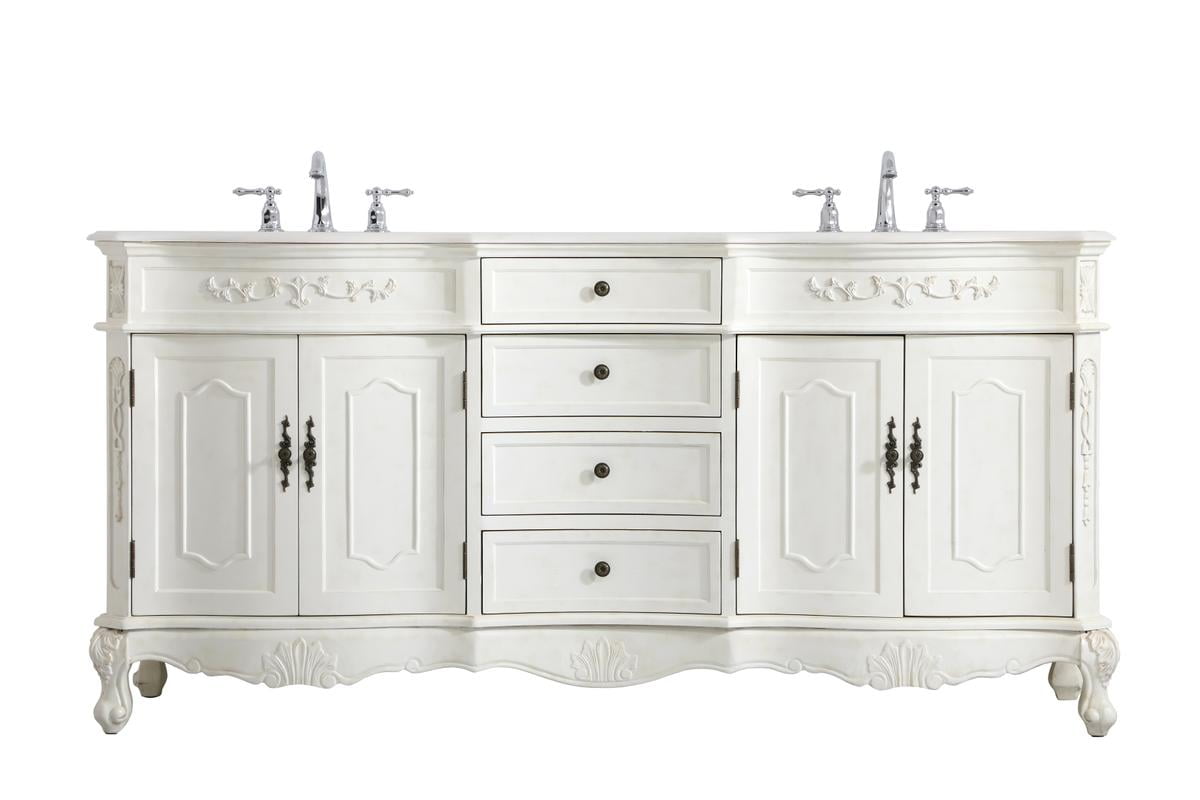Your kitchen sink is an essential part of your daily routine, from washing dishes to preparing meals. Over time, wear and tear can take a toll on your sink, and you may start to wonder if it's time for a replacement. But how do you know when it's time to replace your kitchen sink? Here are some key factors to consider.When to Replace Your Kitchen Sink
One of the most obvious signs that it's time to replace your kitchen sink is visible damage. This includes cracks, chips, or scratches on the surface of your sink. These imperfections not only affect the aesthetics of your sink but can also lead to leaks and other plumbing issues. Another factor to consider is the age of your sink. If it's been over 10 years since you last replaced your sink, it may be time for an upgrade. Newer sinks are built with more durable materials and advanced features, making them a better long-term investment for your kitchen.How to Know When It's Time to Replace Your Kitchen Sink
Aside from visible damage and age, there are other indicators that it's time for a new kitchen sink. If you notice an unpleasant odor coming from your sink, this could be a sign of bacteria build-up or damaged pipes. Additionally, if your sink is constantly clogged or draining slowly, it may be time to replace it. Another red flag is rust or corrosion on your sink. This not only affects the appearance but can also lead to plumbing issues and potential health hazards. If you notice any of these signs, it's best to replace your sink sooner rather than later.Signs That It's Time to Replace Your Kitchen Sink
Before you jump into replacing your kitchen sink, there are a few things you should know. First, it's important to determine the size and type of sink you need. Measure the dimensions of your current sink and consider the material and style that will best suit your needs and kitchen design. You should also consider the plumbing and installation process. If you're not experienced in plumbing, it's best to hire a professional to ensure that everything is properly connected and sealed. This will save you time and potential headaches in the long run.Replacing Your Kitchen Sink: What You Need to Know
When it comes to choosing a new kitchen sink, there are several factors to consider. One of the main considerations is the material of the sink. Stainless steel, porcelain, and composite granite are popular options, each with their own advantages and disadvantages in terms of durability, maintenance, and cost. You should also think about the size and configuration of your sink. Do you need a single or double basin? Will you need additional features like a garbage disposal or sprayer? These factors will affect the overall functionality and convenience of your sink.Factors to Consider When Replacing Your Kitchen Sink
While it may be tempting to save money by replacing your kitchen sink yourself, it's important to weigh the pros and cons. DIY projects can be time-consuming and may lead to costly mistakes if you're not experienced in plumbing. Hiring a professional may save you time and ensure that your sink is installed correctly. However, if you're confident in your plumbing skills, replacing your sink yourself can be a rewarding and cost-effective option. Just make sure to do thorough research and follow instructions carefully.DIY vs. Hiring a Professional: Replacing Your Kitchen Sink
The cost of a kitchen sink replacement can vary depending on several factors. The material and size of your sink, as well as the cost of installation, can all affect the overall price. On average, a kitchen sink replacement can cost anywhere from $200 to $1000. If you're on a budget, consider looking for sales or purchasing a basic sink without additional features. You can also save money by doing the installation yourself, but make sure to factor in the cost of any necessary tools or supplies.How Much Does It Cost to Replace a Kitchen Sink?
With so many options available, it can be overwhelming to choose the right kitchen sink for your replacement. When making a decision, consider your budget, kitchen design, and functionality needs. You may also want to read reviews or ask for recommendations from friends or professionals. Remember to also consider the long-term durability and maintenance of your chosen sink. While a cheaper option may save you money upfront, it may not last as long as a higher-quality sink. It's important to find a balance between cost and quality to ensure a successful and long-lasting replacement.Choosing the Right Kitchen Sink for Your Replacement
If you've decided to replace your kitchen sink yourself, here's a step-by-step guide to help you through the process: 1. Turn off the water supply to your sink and disconnect the plumbing. 2. Remove the old sink by unscrewing any mounting clips or caulk holding it in place. 3. Clean the area where the sink was installed and make any necessary repairs. 4. Install the new sink by following the manufacturer's instructions. 5. Connect the plumbing and turn the water supply back on. 6. Seal the edges of the sink with caulk. 7. Allow the caulk to dry before using your new sink.Step-by-Step Guide to Replacing Your Kitchen Sink
Replacing a kitchen sink may seem like a simple task, but there are some common mistakes that can lead to problems down the road. These include: - Choosing the wrong size or type of sink for your needs - Not properly sealing the edges of the sink - Forgetting to turn off the water supply before disconnecting plumbing - Skipping necessary repairs or updates to the sink area By avoiding these mistakes and following the proper steps, you can ensure a successful and stress-free kitchen sink replacement. Replacing your kitchen sink is an important decision that can greatly improve the functionality and appearance of your kitchen. By considering the signs, factors, and cost of replacement, you can make a well-informed decision and enjoy your new sink for years to come.Common Mistakes to Avoid When Replacing Your Kitchen Sink
Why You Should Consider Replacing Your Kitchen Sink

Upgrade Your Kitchen with a New Sink
 If you're thinking about renovating your kitchen, one of the major considerations is whether or not to replace your kitchen sink. Although it may seem like a small detail, the right sink can make a big impact on the overall design and functionality of your kitchen. Here are some reasons why you should consider replacing your kitchen sink.
Improved Aesthetics:
The kitchen sink is often one of the most used and visible parts of a kitchen. As such, it can significantly affect the overall look and feel of the space. If your sink is outdated or worn out, it can make your entire kitchen look outdated. Replacing it with a modern and stylish sink can instantly give your kitchen a fresh and updated look.
Better Functionality:
Kitchen sinks come in a variety of sizes, shapes, and styles. If your current sink is not meeting your needs, it may be time to replace it with one that offers better functionality. For example, if you find yourself constantly struggling to fit large pots and pans into a small sink, consider upgrading to a larger and deeper sink. This will make washing dishes and food prep much easier and more efficient.
Addressing Wear and Tear:
Over time, kitchen sinks can start to show signs of wear and tear, such as scratches, stains, and leaks. These issues not only affect the appearance of your sink but can also lead to bigger problems if left unaddressed. By replacing your sink, you can ensure that it is in good condition and functioning properly, avoiding any potential plumbing issues in the future.
Increased Home Value:
If you're planning on selling your home in the near future, replacing your kitchen sink can be a smart investment. A new and upgraded sink can add value to your home and make it more attractive to potential buyers. Many homebuyers look for modern and updated kitchens, and a new sink can be a selling point.
If you're thinking about renovating your kitchen, one of the major considerations is whether or not to replace your kitchen sink. Although it may seem like a small detail, the right sink can make a big impact on the overall design and functionality of your kitchen. Here are some reasons why you should consider replacing your kitchen sink.
Improved Aesthetics:
The kitchen sink is often one of the most used and visible parts of a kitchen. As such, it can significantly affect the overall look and feel of the space. If your sink is outdated or worn out, it can make your entire kitchen look outdated. Replacing it with a modern and stylish sink can instantly give your kitchen a fresh and updated look.
Better Functionality:
Kitchen sinks come in a variety of sizes, shapes, and styles. If your current sink is not meeting your needs, it may be time to replace it with one that offers better functionality. For example, if you find yourself constantly struggling to fit large pots and pans into a small sink, consider upgrading to a larger and deeper sink. This will make washing dishes and food prep much easier and more efficient.
Addressing Wear and Tear:
Over time, kitchen sinks can start to show signs of wear and tear, such as scratches, stains, and leaks. These issues not only affect the appearance of your sink but can also lead to bigger problems if left unaddressed. By replacing your sink, you can ensure that it is in good condition and functioning properly, avoiding any potential plumbing issues in the future.
Increased Home Value:
If you're planning on selling your home in the near future, replacing your kitchen sink can be a smart investment. A new and upgraded sink can add value to your home and make it more attractive to potential buyers. Many homebuyers look for modern and updated kitchens, and a new sink can be a selling point.
Conclusion
 Replacing your kitchen sink may seem like a small and insignificant task, but it can have a big impact on the overall design and functionality of your kitchen. By upgrading to a new sink, you can improve the aesthetics, functionality, and value of your kitchen. So, if you're considering a kitchen renovation, don't overlook the importance of a new sink.
Replacing your kitchen sink may seem like a small and insignificant task, but it can have a big impact on the overall design and functionality of your kitchen. By upgrading to a new sink, you can improve the aesthetics, functionality, and value of your kitchen. So, if you're considering a kitchen renovation, don't overlook the importance of a new sink.





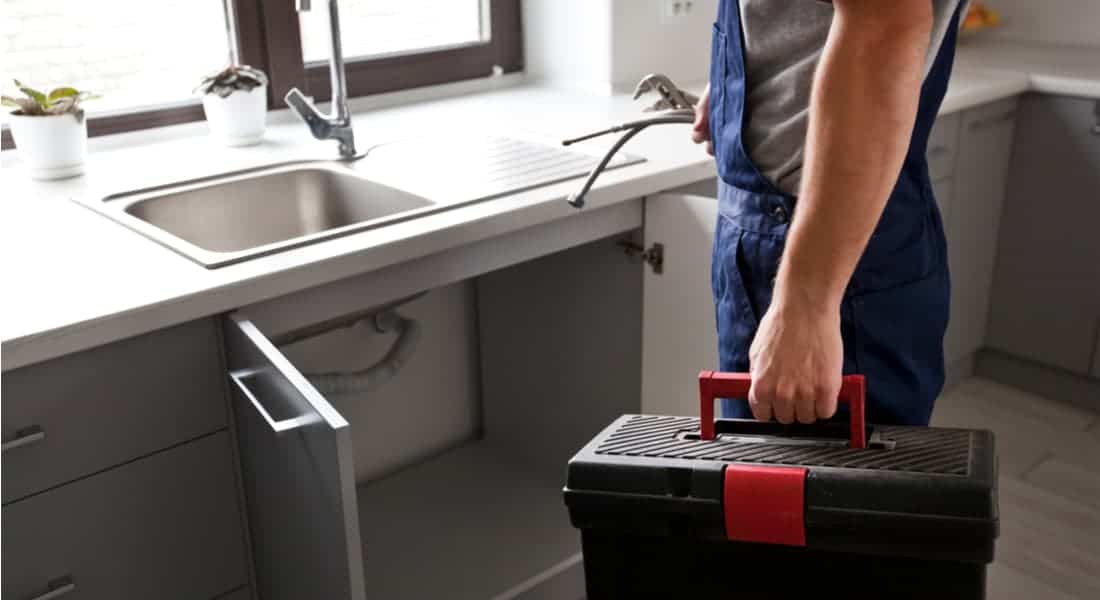
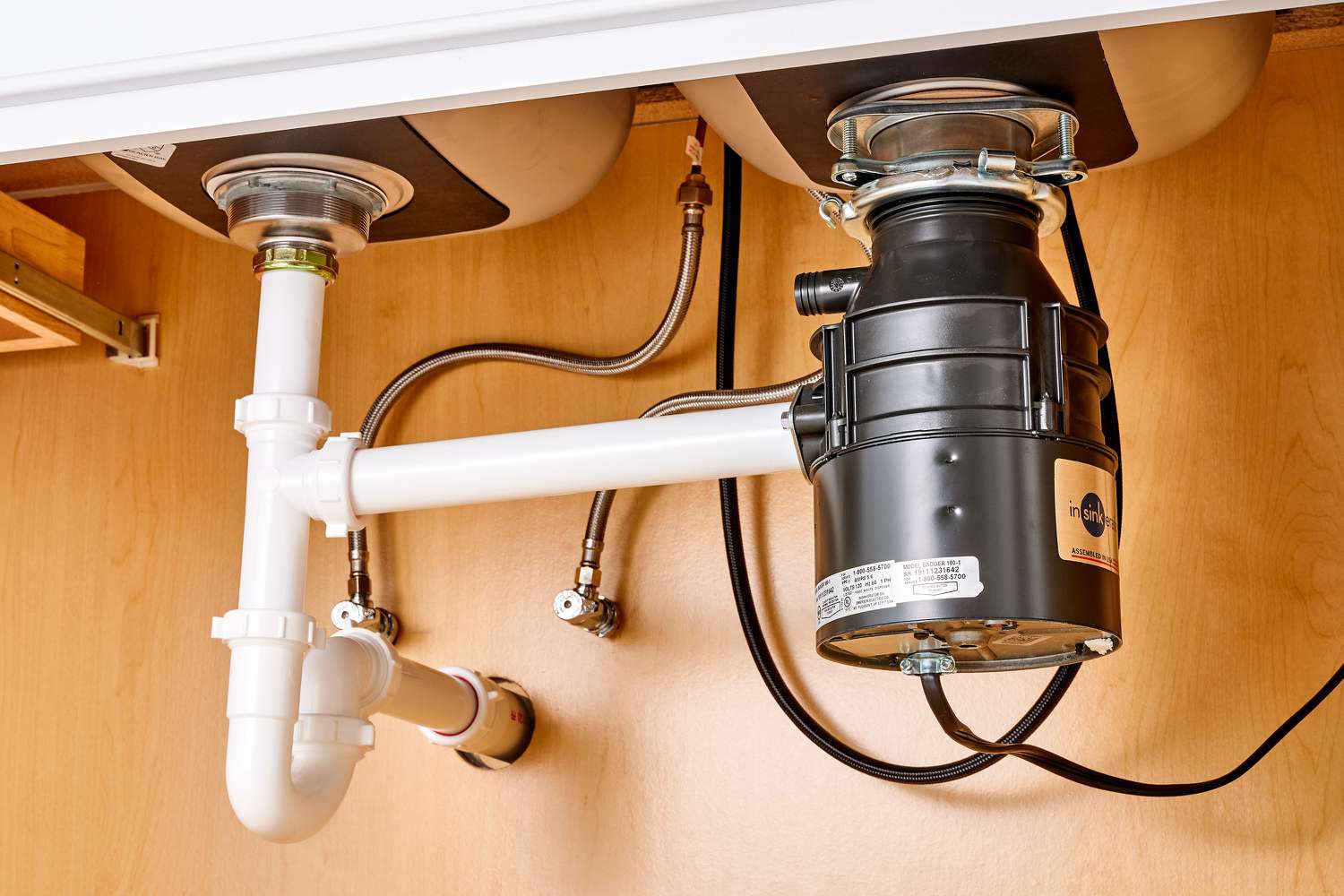

/water-pipe-under-kitchen-sink-980755656-3ec7719515ab4e269908381b760f7366.jpg)

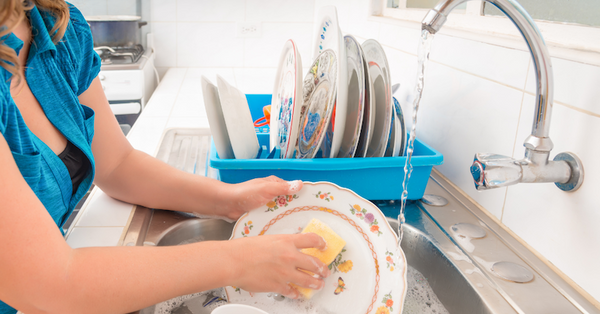



















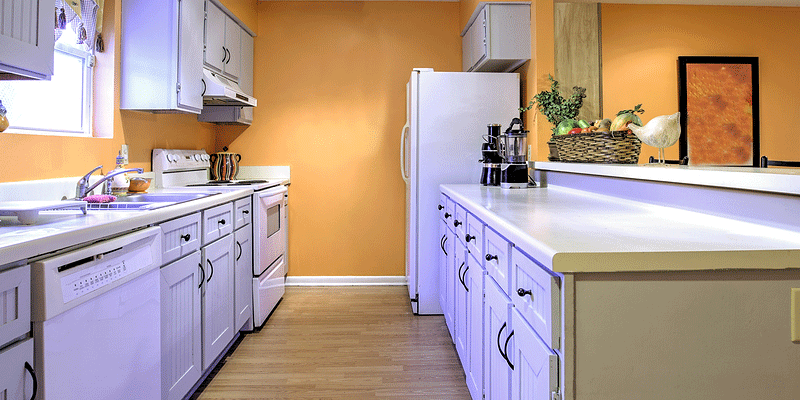



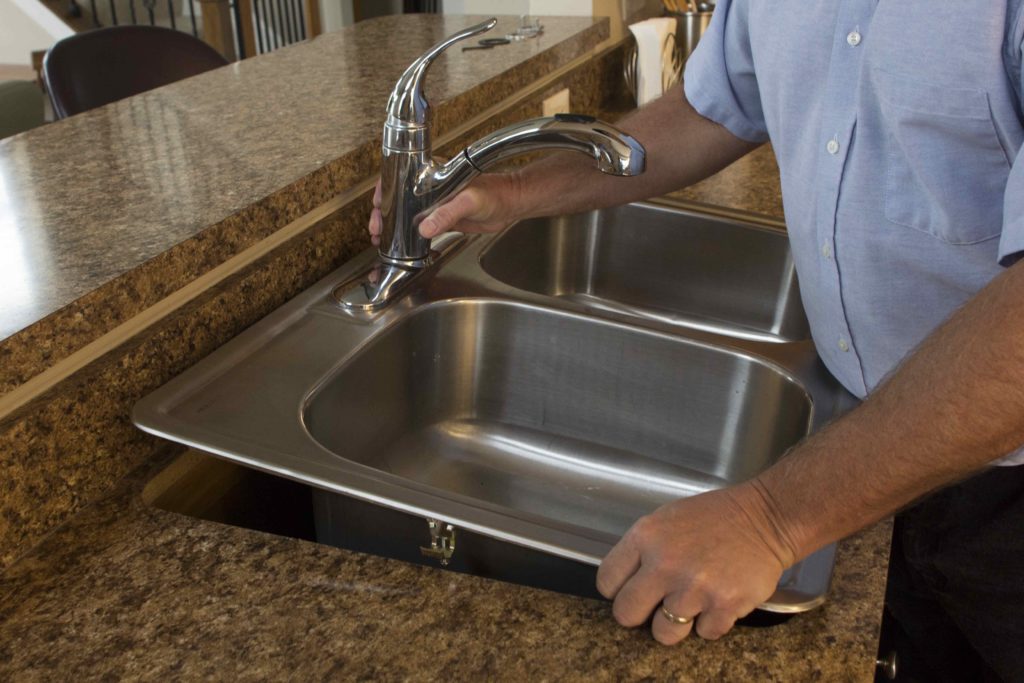






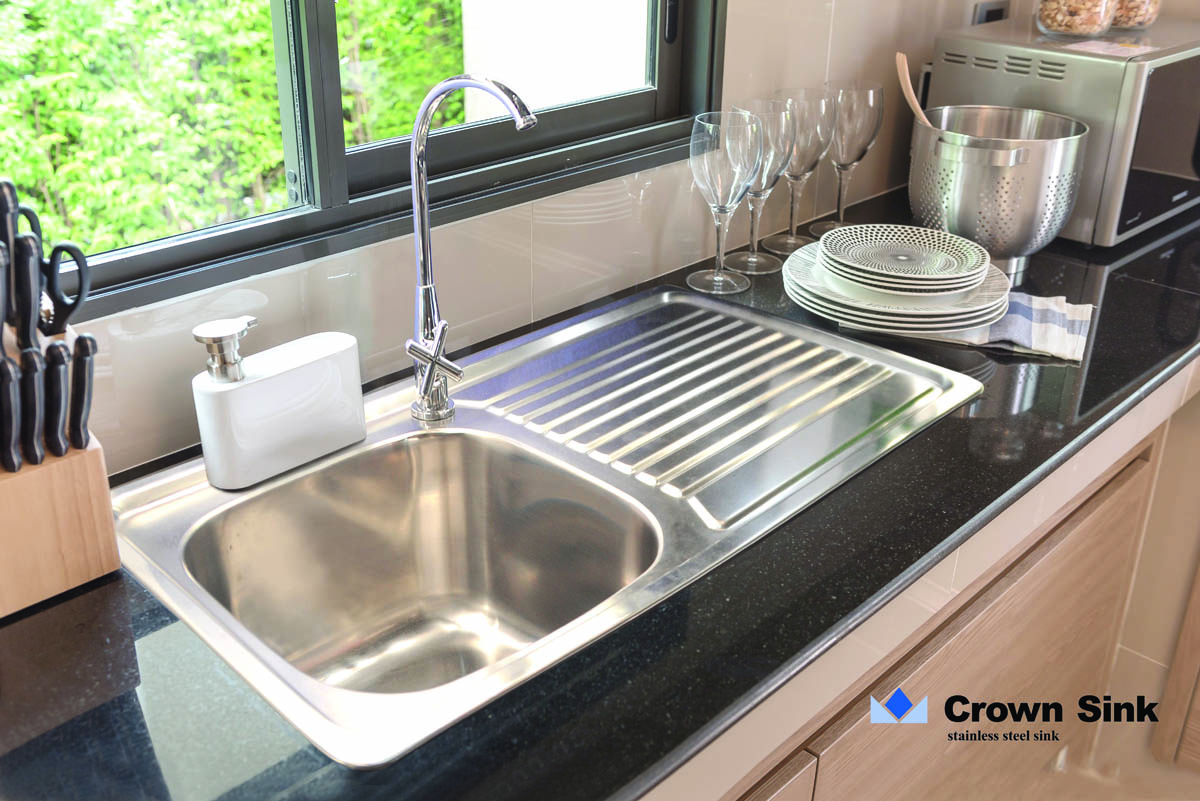

















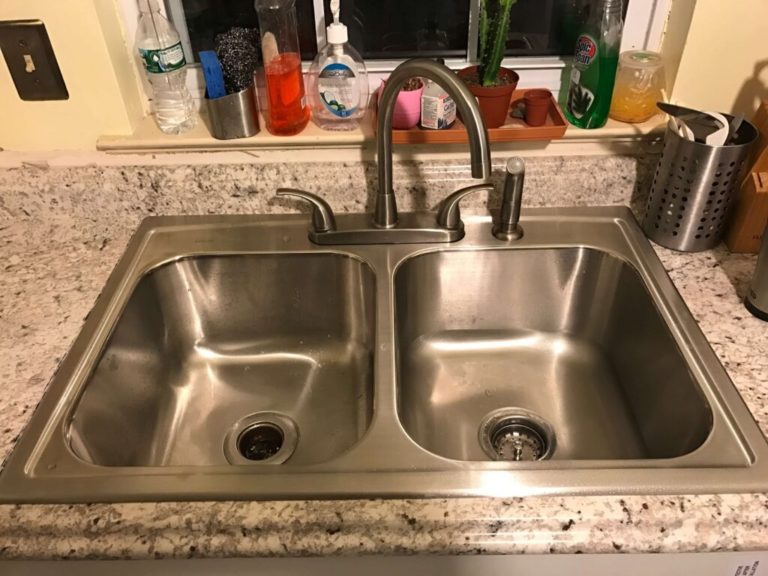
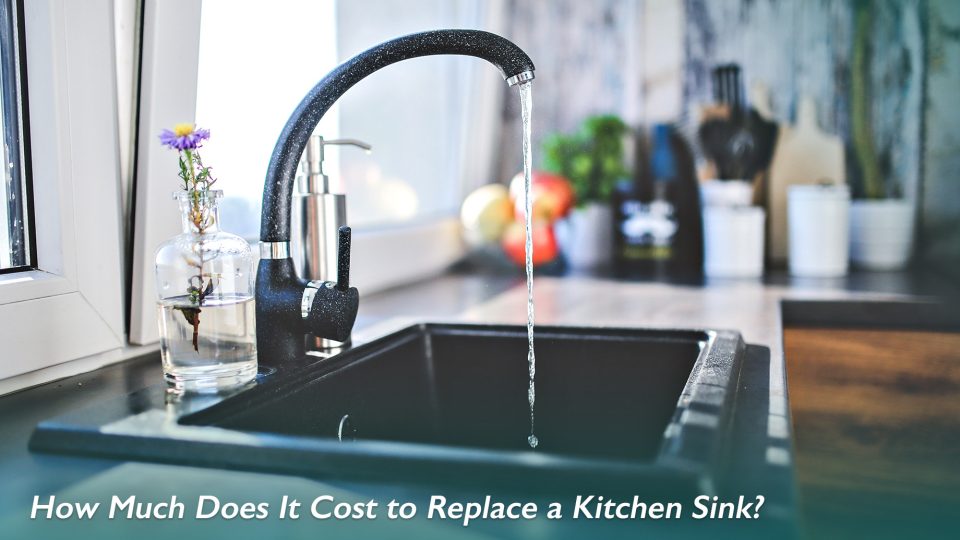

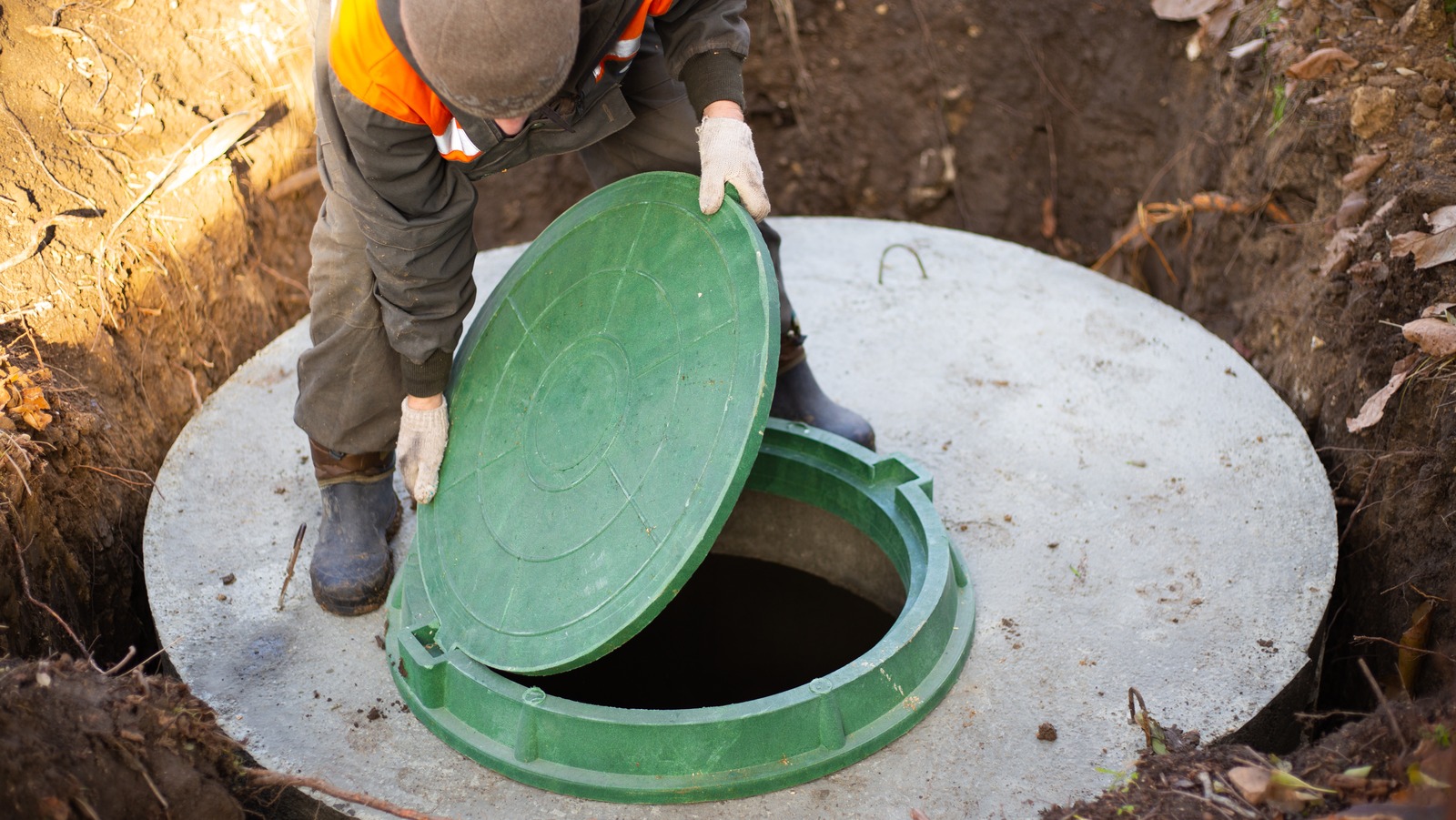
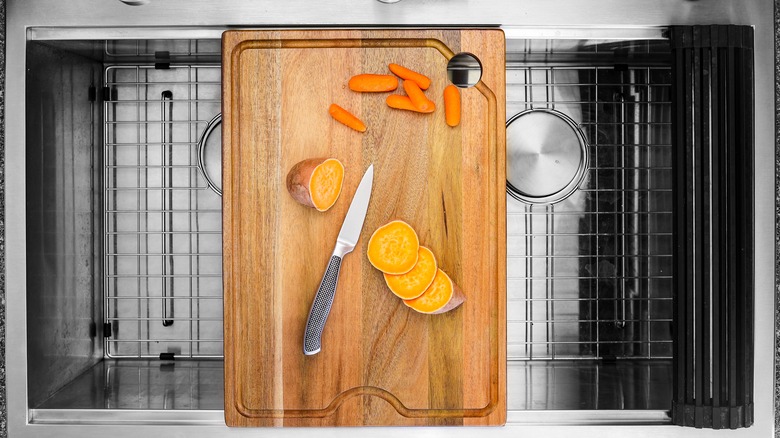


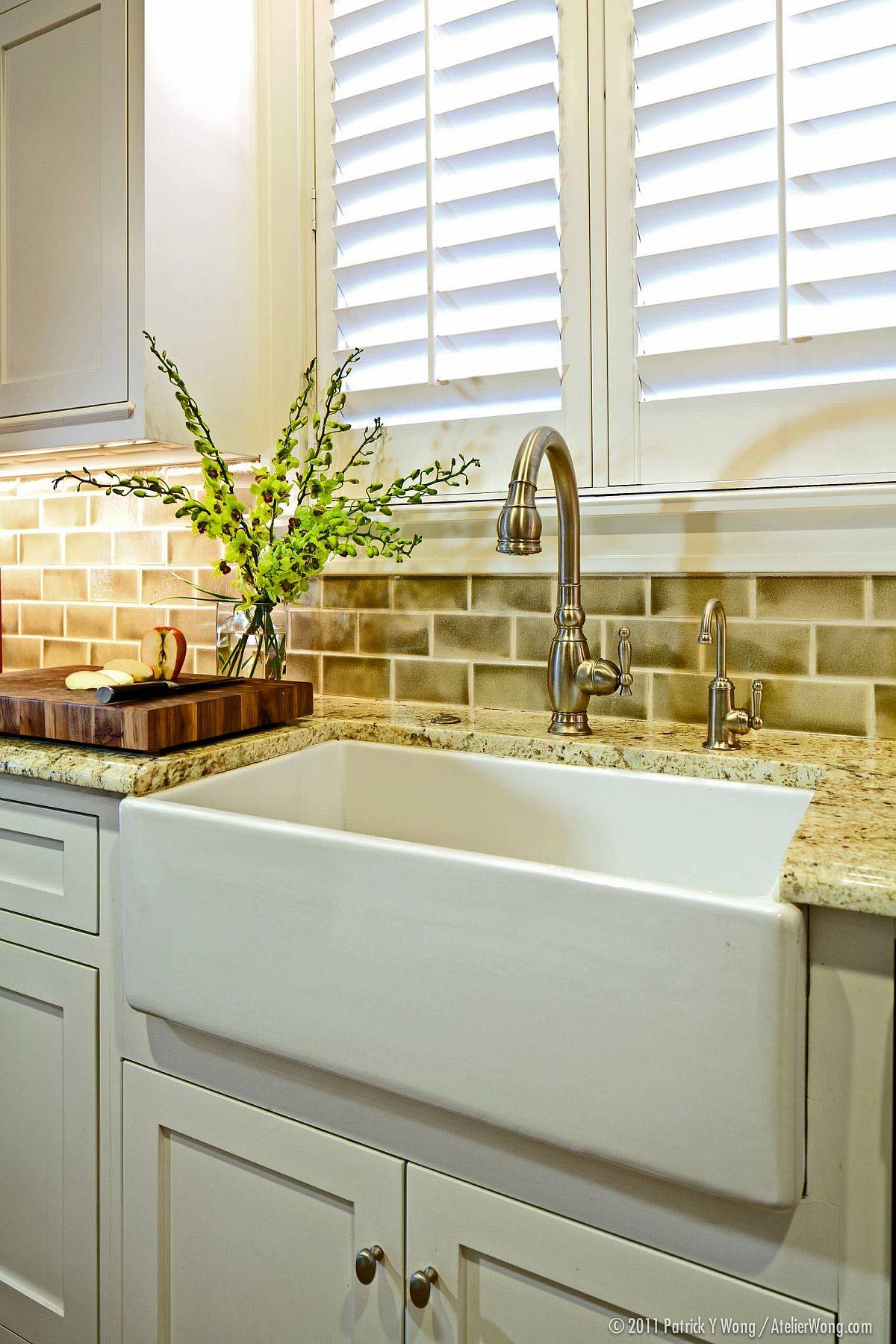



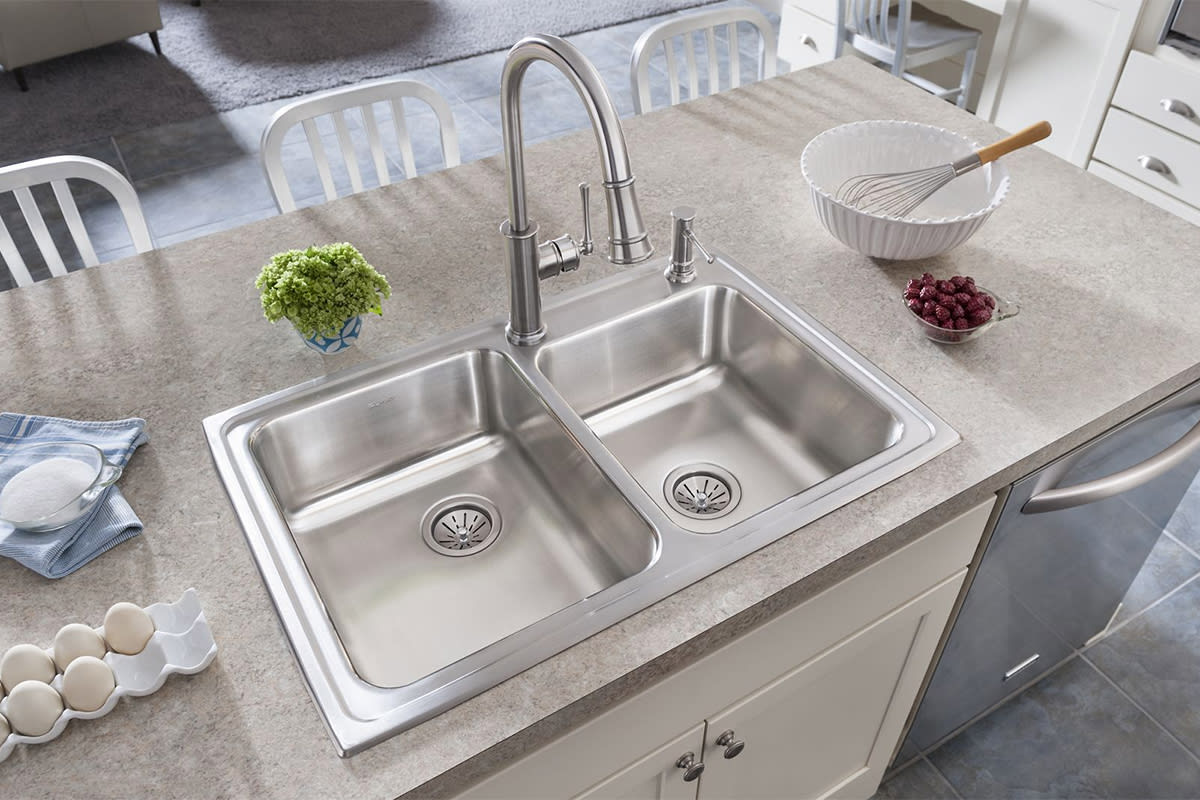


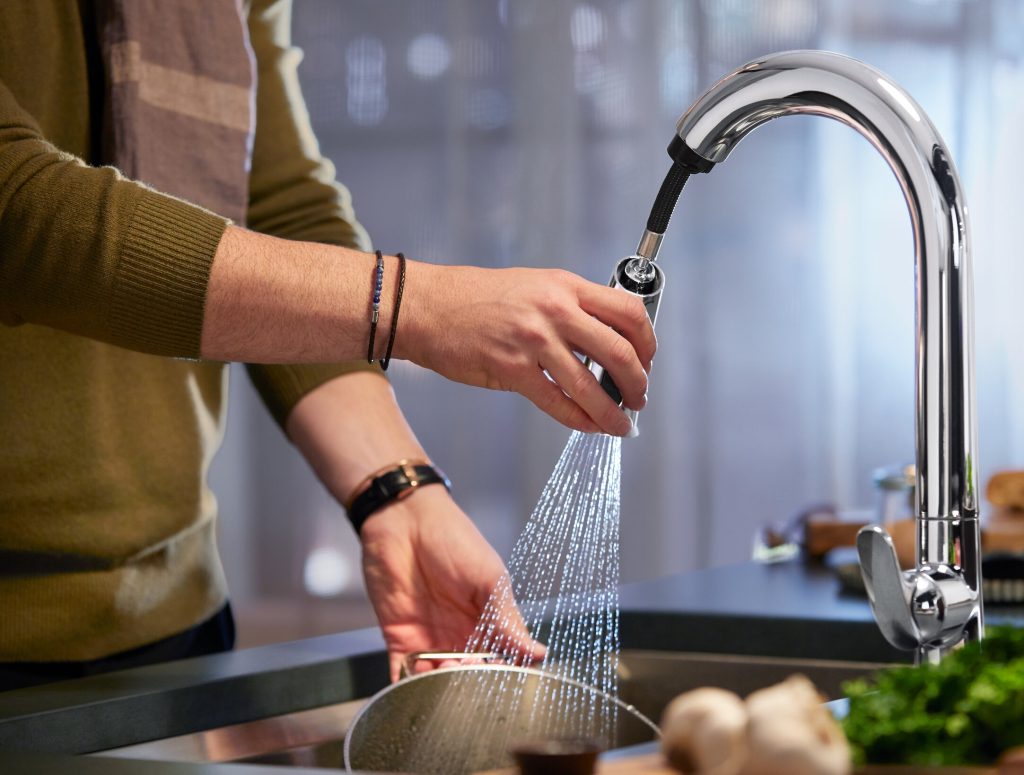
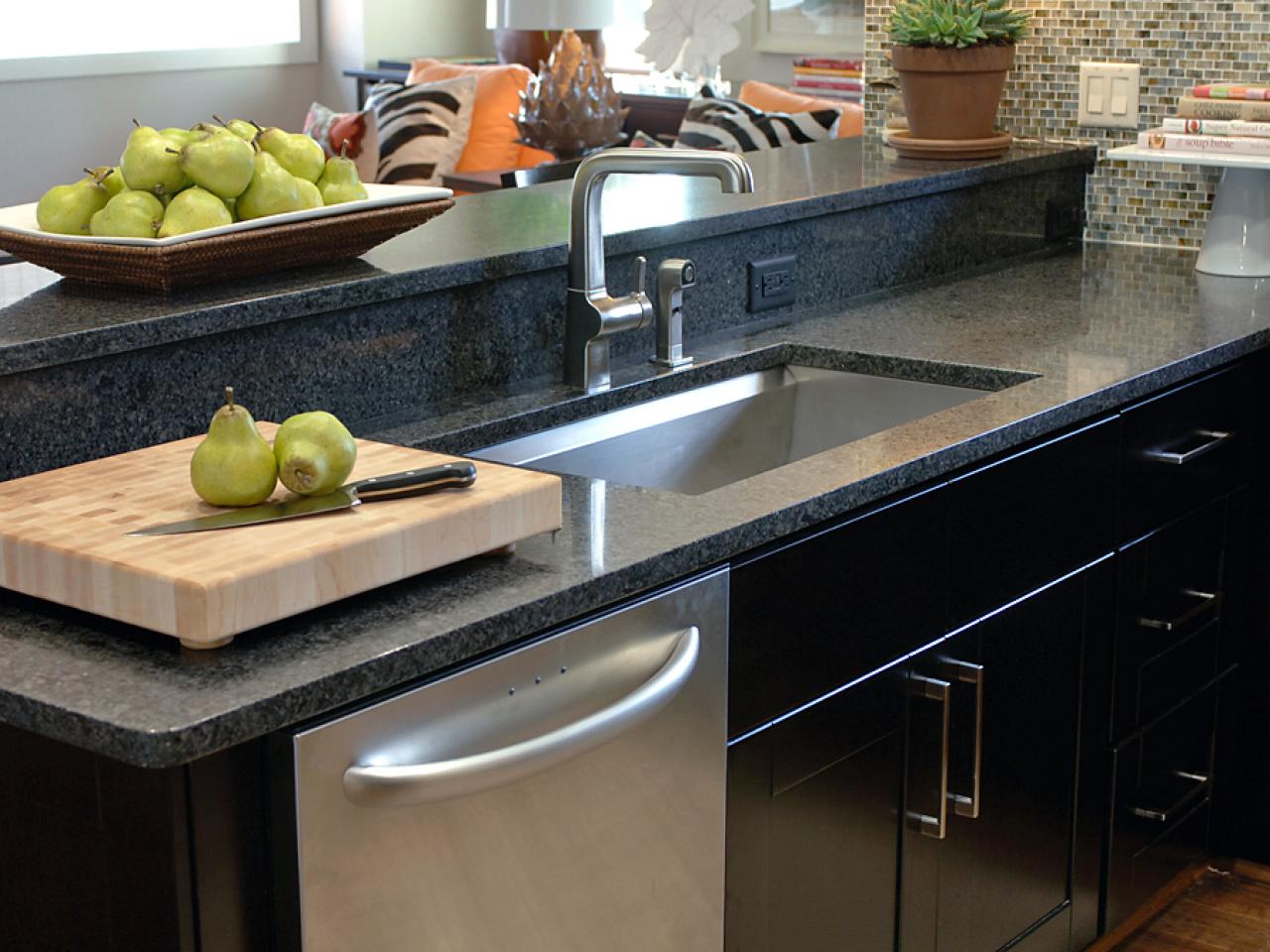
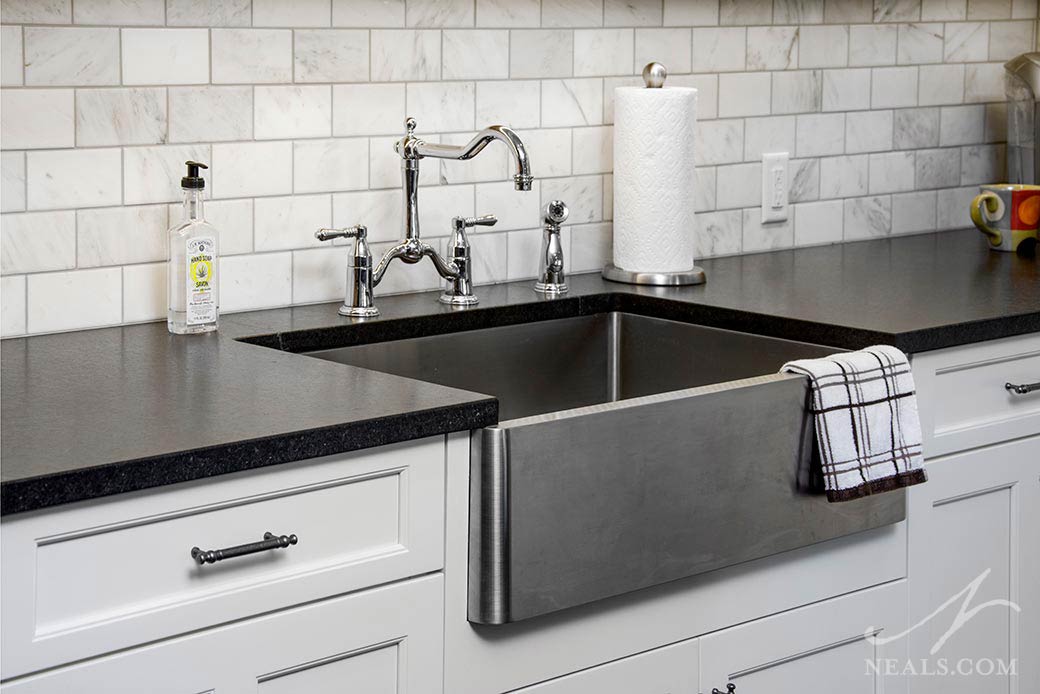

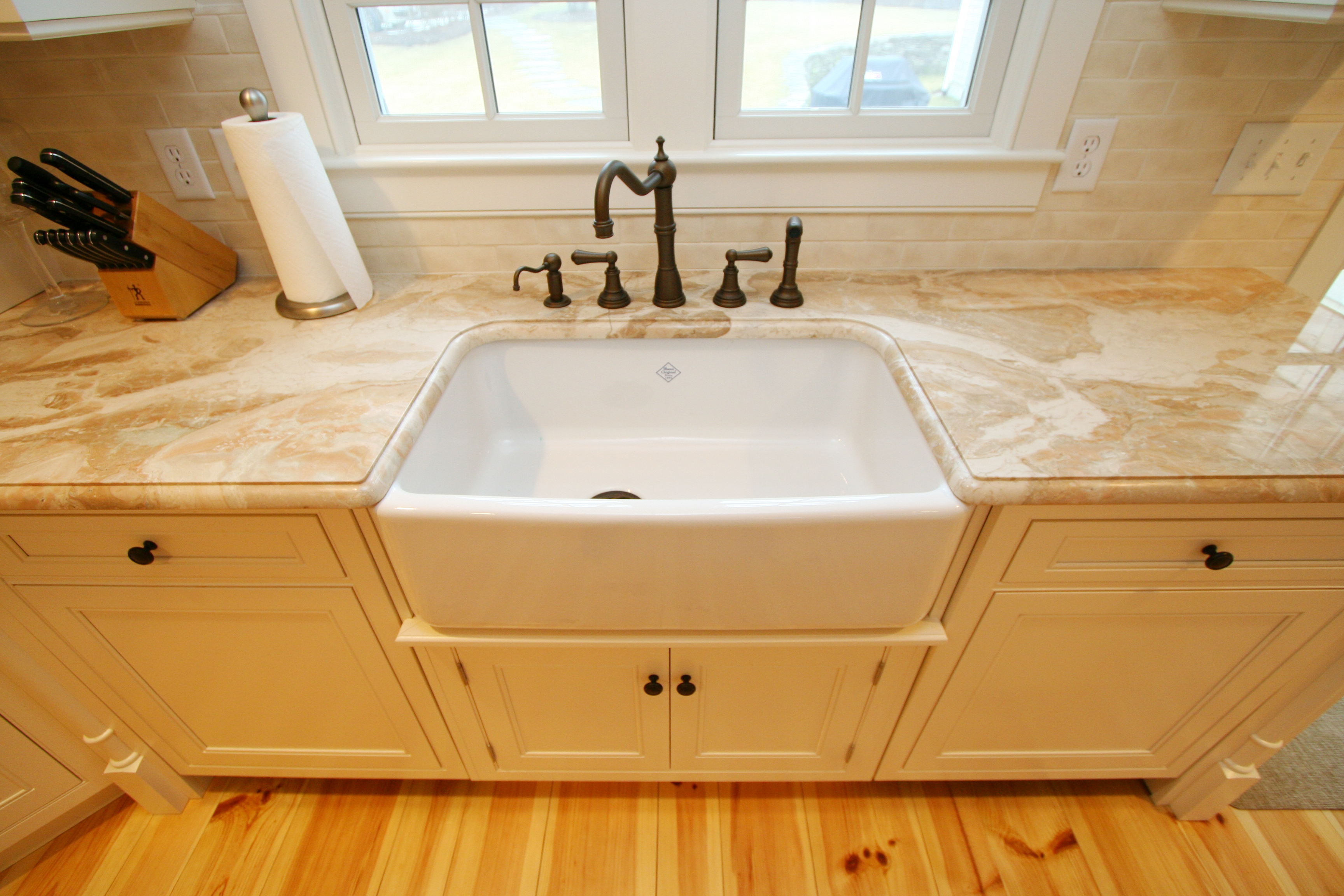




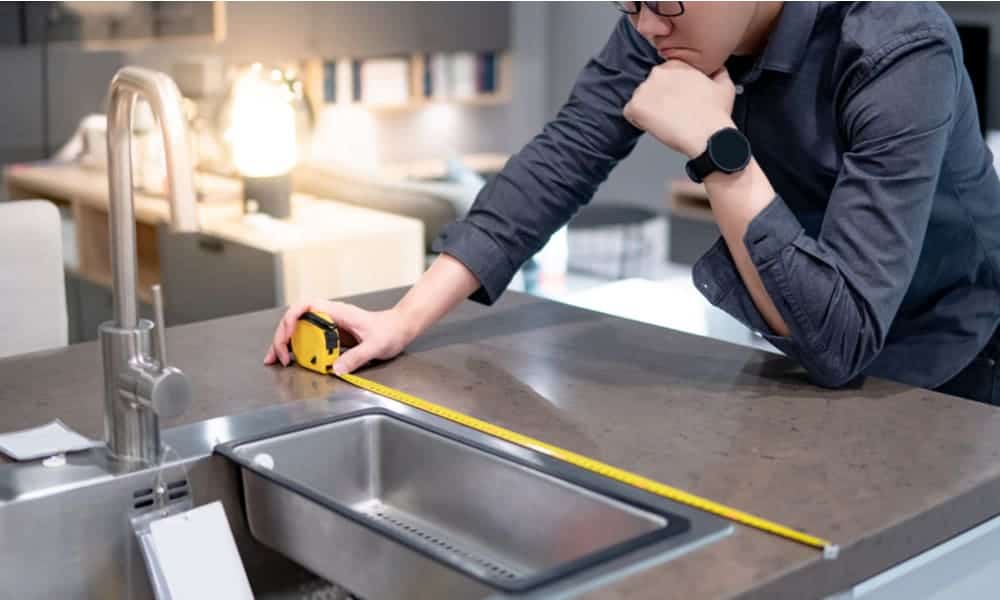
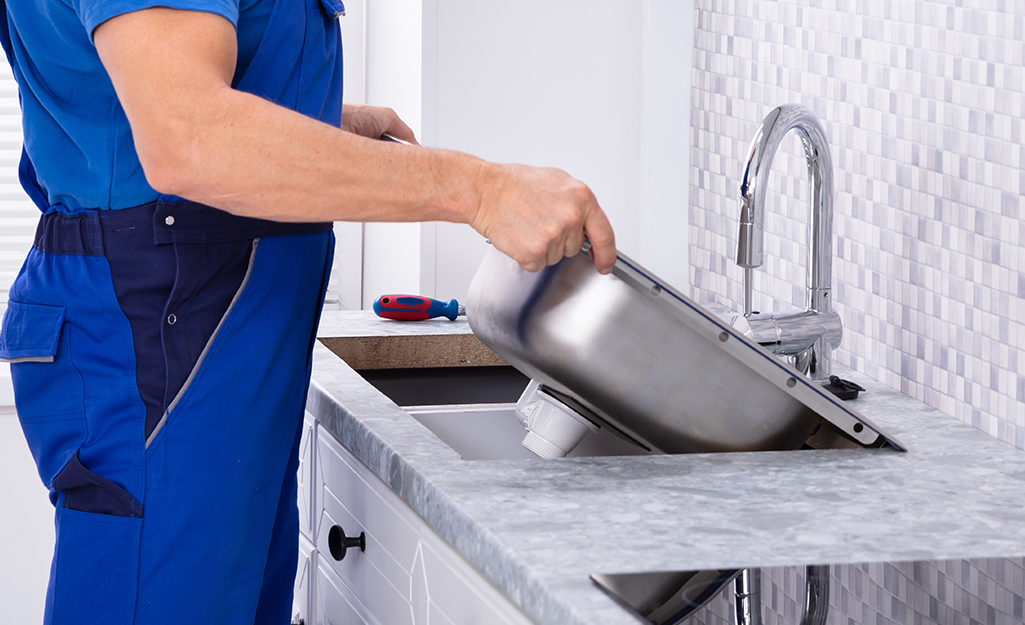


:no_upscale()/cdn.vox-cdn.com/uploads/chorus_asset/file/19495086/drain_0.jpg)

